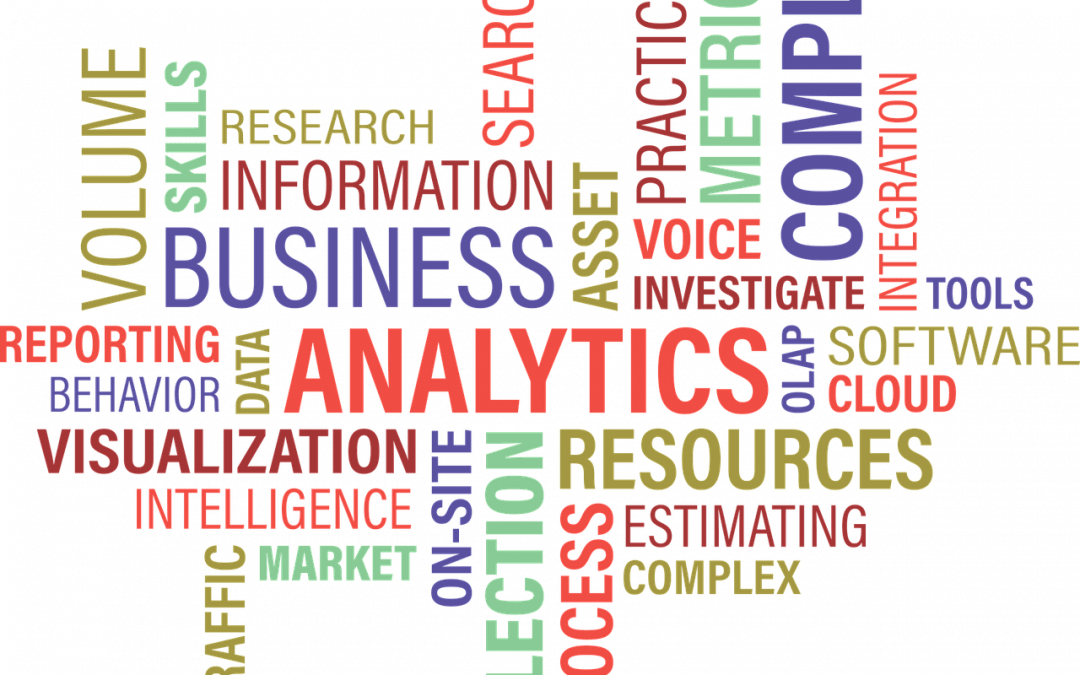How Can Businesses Use Data to Make Informed Decisions Towards Being Successful?

Fast Track Success with AI Business Tools
In today’s data-driven world, businesses of all sizes need to be able to use data effectively to make informed decisions. Data can provide businesses with insights into their customers, operations, and competitors, which can help them to improve their products and services, increase efficiency, and boost profitability.
AI business tools can help you scrape data and analyze it to show you how it can help you in your business
There are many different ways that businesses can use data to make informed decisions. In this blog post, we will discuss some of the most common and effective methods.
1. Identify Your Business goals
The first step in using data to make informed decisions is to identify your goals. What do you want to achieve with your business? Once you know your goals, you can start to collect and analyze data that is relevant to those goals.
For example, if your goal is to increase sales, you might want to collect data on your website traffic, conversion rates, and customer demographics. This data can help you to identify areas where you can improve your website or marketing campaigns.
2. Collect the Right Types of Data For Analysis
Once you know what data you need to collect, you need to decide how you are going to collect it. There are many different ways to collect data, such as:
- -Customer surveys: Customer surveys are a great way to collect data on customer satisfaction, needs, and preferences.
- -Website analytics: Website analytics tools can track website traffic, conversion rates, and other important metrics.
- -Social media analytics: Social media analytics tools can track social media engagement, demographics, and other important metrics.
- -Sales data: Sales data can be used to track sales performance, identify trends, and forecast future sales.
- -Operations data: Operations data can be used to track efficiency, identify bottlenecks, and improve processes.
- 3. Clean and Prepare the Data for Accuracy
Once you have collected your data, you need to clean and prepare it for analysis. This may involve removing duplicate data, correcting errors, and formatting the data in a consistent way.
4. Analyze the Data Fully.
Once your data is clean and prepared, you can start to analyze it to identify patterns, trends, and insights. There are many different data analysis tools and techniques available, so you can choose the ones that are most appropriate for your needs.
5. Take Action Using the Data You Have Analyzed for your Business
Once you have analyzed your data and identified insights, you need to take action. This may involve implementing new strategies, improving processes, or developing new products or services.

Here are some specific examples of how businesses can use data to make informed decisions:
- Product development: Businesses can use data to understand customer needs and preferences, and to identify new product opportunities. For example, a clothing company might use data on customer purchase history and social media engagement to identify new fashion trends.
- Marketing: Businesses can use data to target their marketing campaigns more effectively and to measure the results of their campaigns. For example, an e-commerce company might use data on customer purchase history and website behavior to send personalized email marketing campaigns.
- Sales: Businesses can use data to identify their most profitable customers, to forecast sales, and to improve their sales process. For example, a software company might use data on customer purchase history and sales activity to identify sales leads and to target their sales efforts more effectively.
- Operations: Businesses can use data to improve their operations, such as by identifying bottlenecks, reducing waste, and improving efficiency. For example, a manufacturing company might use data on production line performance and inventory levels to identify areas where they can improve their efficiency.
Data is a powerful tool that can help businesses of all sizes to make informed decisions and improve their performance. By following the tips above, businesses can learn how to use data to achieve their goals and become more successful.
- Additional tips for using data to make informed decisions
- Use a variety of data sources: The more data you have, the better. Try to use data from a variety of sources to get a more complete picture of your business and your customers.
- Be skeptical of the data: Not all data is created equal. Make sure to verify the accuracy and reliability of your data before making any decisions.
- Use data visualization tools: Data visualization tools can help you to identify patterns and trends in your data more easily.
- Get feedback from others: Once you have analyzed your data and identified insights, get feedback from others to validate your findings.
- Make decisions based on data, not gut instinct: It can be tempting to make decisions based on gut instinct, but it is important to make decisions based on data whenever possible. Data is more objective and less likely to be influenced by personal biases.
By following these tips above you can build towards having a successful business. Visit our page for AI business Tools to learn more. Click here


